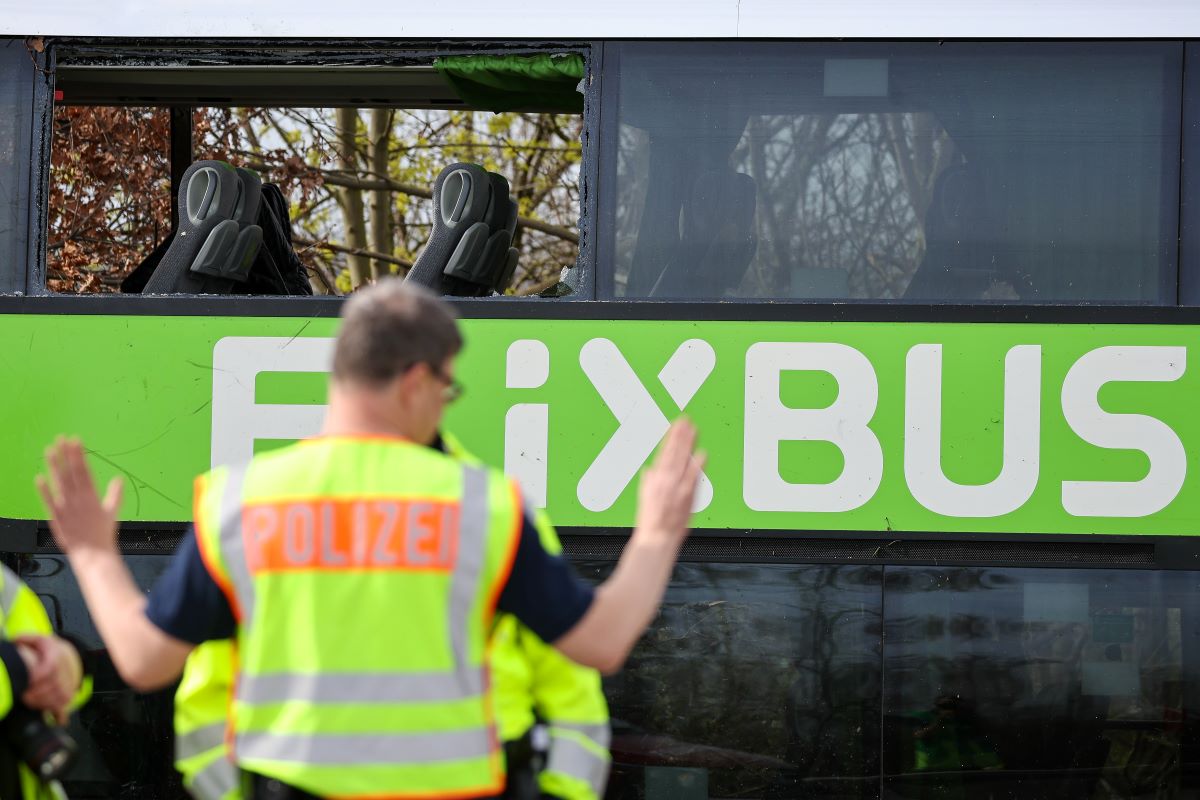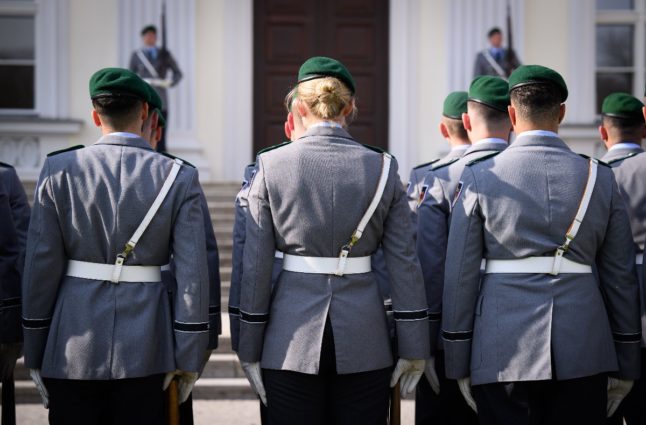Lidl and Kaufland hit by workers strike Thursday before Easter
The Verdi trade union has called on retail and wholesale workers to go on warning strikes in the week before Easter. On Maundy Thursday, Verdi says it wants to focus on the supermarket chains Lidl and Kaufland.
Nationwide, several hundred companies of the Schwarz Group, to which the two chains belong, were called for walkouts, according to a Verdi spokesman.
Among other things, branches and warehouses are affected. However, there could also be warning strikes at other retail companies. Edeka and Rewe have already gone on strike in previous weeks.
So far, the industrial action has resulted in isolated empty shelves, but not store closures. The collective bargaining director of the German Retail Association (HDE), Steven Haarke, does not expect any noticeable effects for customers: “Retailers have proven in recent months that they can cope well with strikes,” he said.
The Thursday before the long Easter weekend is a particularly important sales day for retailers in Germany. For the entire Easter business, the HDE expects sales of €2.2 billion.
READ ALSO: What’s open and closed in Germany over the Easter weekend?
Germany’s citizenship test to get 12 new questions
The test for German citizenship will in future include questions on the Jewish religion and the state of Israel in a move designed to filter out anti-Semites among applicants.
“Anyone who does not share our values cannot get a German passport,” Interior Minister Nancy Faeser told the Spiegel weekly in its Thursday edition.
In the new citizenship test, which applicants must pass to acquire German nationality, candidates could be asked the name of the Jewish place of worship, the founding year of Israel or Germany’s particular historical obligation to it, according to Spiegel.
The punishments for Holocaust denial and the membership requirements for Jewish sports clubs would also be among the possible questions, according to the magazine.
READ ALSO:
- REVEALED: The new questions being added to Germany’s citizenship test
- ‘Special responsibility’: Why Germany is shaking up citizenship test questions
Lufthansa reaches agreement with ground staff over wages
German airline giant Lufthansa and a union representing ground staff said Wednesday they had reached an agreement on pay after a lengthy dispute, averting the threat of Easter holiday strikes.
The deal between the carrier and the Verdi union came after ground staff staged walkouts in recent months, leading to widespread disruption for air travellers.
After a series of direct pay talks failed, Lufthansa and Verdi entered arbitration this week, leading to Wednesday’s breakthrough.
Details of the deal were not immediately released. But Lufthansa personnel chief Michael Niggemann said it was a “good compromise with substantial salary increases over the term of the agreement”.
Verdi had been seeking pay rises of 12.5 percent for the roughly 25,000 Lufthansa ground staff that it represents. The ground staff staged their latest strike in early March, with a two-day walkout that led to the cancellation of up to 90 percent of Lufthansa’s flights. They also walked out in February.
Lufthansa cabin crew, who went on strike at major airports earlier this month, have still not reached a pay deal with the carrier.
German economy to nearly flatline this year, think-tanks say
The German economy is expected to barely grow this year, leading economic institutes said Wednesday, as weak demand at home and abroad slows the path to recovery.
Europe’s largest economy will expand by just 0.1 percent in 2024, five think-tanks said in a joint statement, a sharp downgrade from their earlier forecast of 1.3 percent growth.
“Cyclical and structural factors are overlapping in the sluggish overall economic development,” said Stefan Kooths from the Kiel Institute for the World Economy (IfW Kiel).
Calls have grown for the government to relax its constitutionally enshrined “debt brake”, a self-imposed cap on annual borrowing, in order to turbocharge much-needed spending on infrastructure modernisation and the green transition.
READ ALSO: Can a green energy transition plan help revitalise the German economy?
Economy Minister Habeck is in favour of relaxing the debt rules, but Finance Minister Christian Lindner from the FDP is deeply opposed. The think-tanks said they recommended “a mild reform” of the debt brake to allow “for more debt-financed investments than before”.

Four killed in bus accident on A9 motorway
Four people were killed and around 35 injured when a bus overturned on a German motorway near Leipzig on Wednesday, police said.
The bus came off the A9 motorway in the morning near Leipzig, between Wiedemar and the Schkeuditzer Kreuz junction.
Police had earlier announced the death of five people in the accident, but revised the toll in the evening. One person initially reported dead is in a critical condition, police said in a press statement Wednesday evening.
They said 29 passengers were slightly injured and six were in serious condition.
German operator Flixbus said the bus was en route from Berlin to Zurich with 52 passengers and two drivers.
Emergency services attended to the injured at the scene and the motorway was closed in both directions, German authorities said. There were no indications that other vehicles were involved in the crash, according to the police.
With reporting by DPA.




 Please whitelist us to continue reading.
Please whitelist us to continue reading.
Member comments